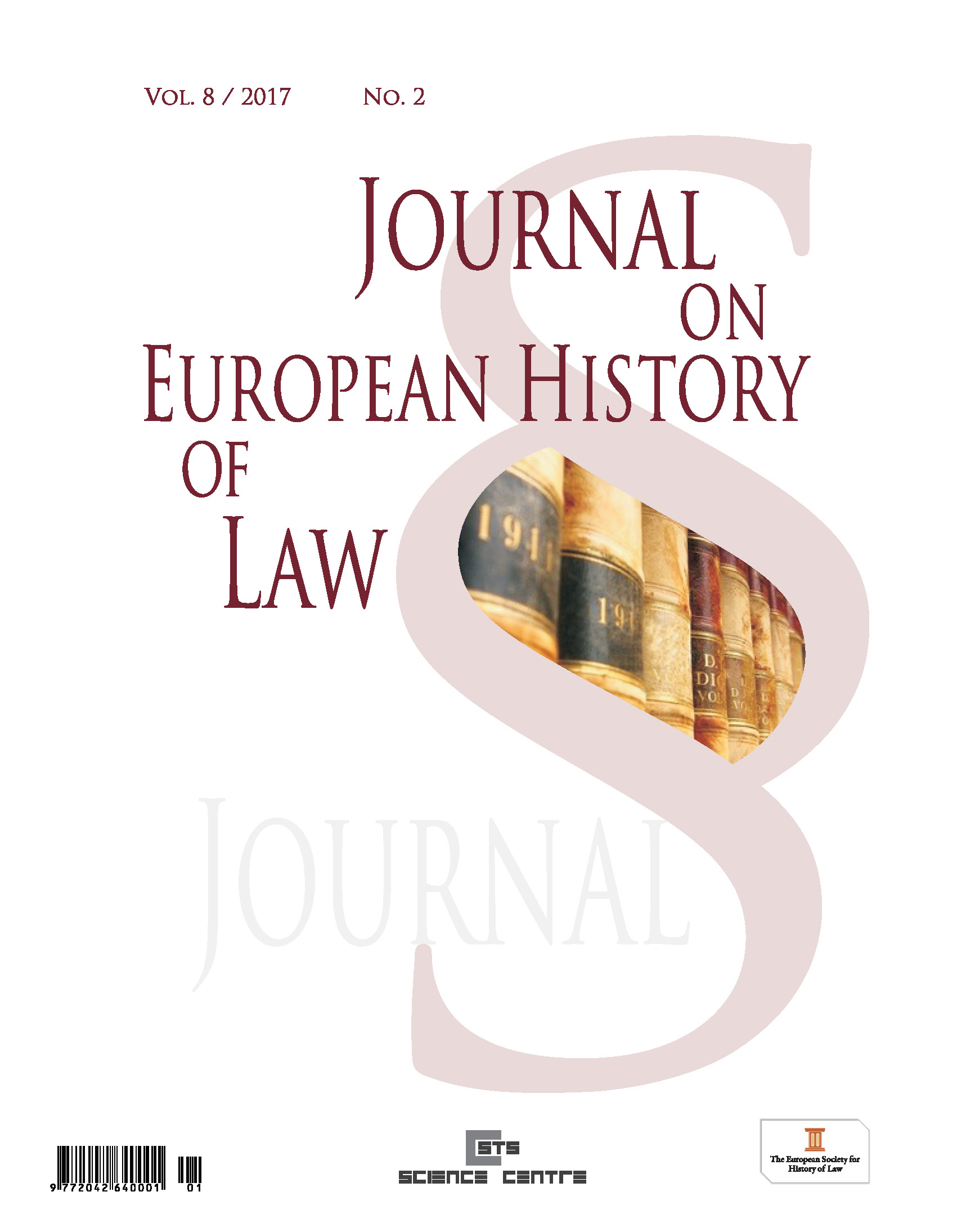The Presidency of Religious Affairs of the Republic of Turkey – The Legal Oddity
The Presidency of Religious Affairs of the Republic of Turkey – The Legal Oddity
Author(s): Katalin SiskaSubject(s): History, Law, Constitution, Jurisprudence, Governance, Politics and law, Politics and religion
Published by: Evropská společnost pro právní dějiny, z.s.
Keywords: Republic of Turkey; administration law; religious affairs; Presidency of Religious Affairs of the Republic of Turkey;
Summary/Abstract: In Turkey, the Presidency of Religious Affairs (Turkish: Diyanet Işleri Başkanligi referred to simply as the Diyanet) is an official state institution established in 1924 in article 136 of the Constitution of Turkey by the Grand National Assembly of Turkey. According to the Article 136 „The Presidency of Religious Affairs, which is within the general administration, shall exercise its duties prescribed in its particular law, in accordance with the principles of secularism, removed from all political views and ideas, and aiming at national solidarity and integrity.” The official website of the Diyanet states: “It is obvious that, in any case, a corporal identity is needed to carry out religious affairs pertaining to faith, which is an indispensable element of social life (…) that stem from the own tradition and culture of the country. (…) As well as the affairs concerning the religion of Islam, which is religion of majority, the Ottoman Empire conducted religious affairs of minorities in a sense of public service”. The Presidency regulates religious affairs, yet does it really serve the principle of secularism in Turkey for more than 80 years? This clear paradox was the main reason of my choice of subject in this paper where my aim to map the legal basis, main principles and foreign policies of this Office.
Journal: Journal on European History of Law
- Issue Year: 8/2017
- Issue No: 2
- Page Range: 114-122
- Page Count: 9
- Language: English

